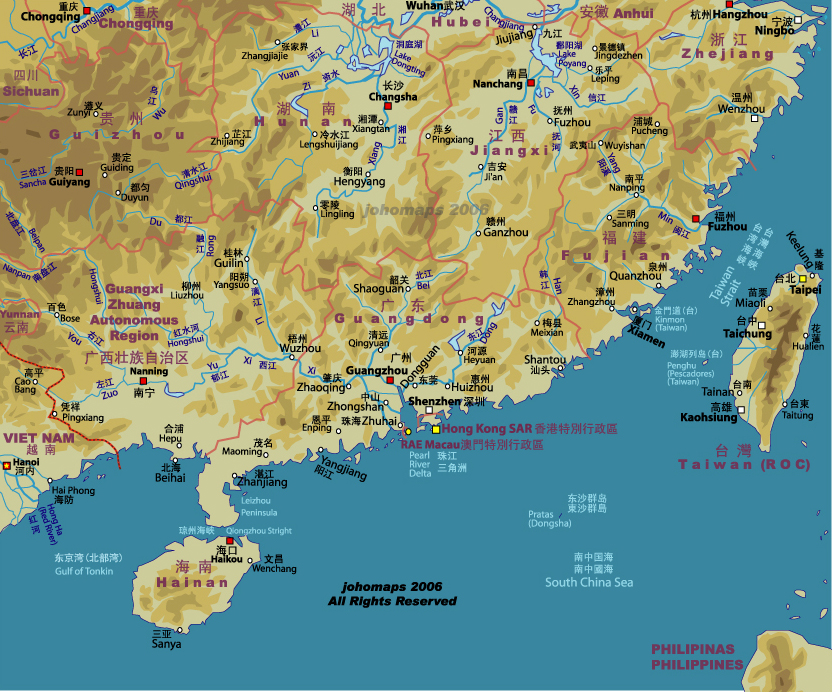On March 20th, Xi Jinping made a speech at the closing of the 2018 National People’s Congress. It was a nationalistic speech in which “he warned against challenges to China over Taiwan, Hong Kong or other regions where Beijing’s claims to sovereignty are contested”.

“All maneuvers and tricks to split the motherland are sure to fail,” Mr. Xi said. “Not one inch of the territory of the great motherland can be carved off from China.”
Some might say this is nothing new. China has always been sensitive about Taiwan and considers it one of its wayward provinces. Taiwan’s reunification with its “motherland” is integral to the “One China” policy. However, many people in Taiwan, my family included, have been in Taiwan for many generations and consider ourselves Taiwanese. This is a problem for China.
The dear leader claims that we are all Chinese. Well sure, there are overlaps between Taiwanese and Chinese cultures; my ancestors came from a town near Xiamen, Fujian province in the 1700’s. Having said that, Taiwan had since been colonized by Japan and it’s populace absorbed some aspects of its language and customs into their culture. Also, our resentment towards “the motherland”, also make us uniquely Taiwanese. My point is, many people in Taiwan don’t consider themselves Chinese. But… do we consider ourselves ethnically Chinese? That’s the tricky part. I don’t know what to think about that.
Mr. Xi’s speech spurred some anxiety with me, not only because I am Taiwanese, but also because I live in Hong Kong. In the same speech, Mr. Xi “vowed to strengthen the national identity and patriotism of the people of Hong Kong and Macau.”

Hong Kong had been a British colony until 1997. Upon its return to China, Beijing guaranteed that the city, as a special administrative region, will have a high degree of autonomy, and China’s socialist systems will not be implemented until 2047. However, incidents such as the disappearances of Hong Kong booksellers, and the imprisonment Joshua Wong, a young activist who was one of the leaders of the umbrella revolution in 2014, are indications that civil liberties are going away fast in Hong Kong.
So yeah. Mr. Xi’s speech posed a double whammy for me. He made me uncomfortable about who I and where I am.

